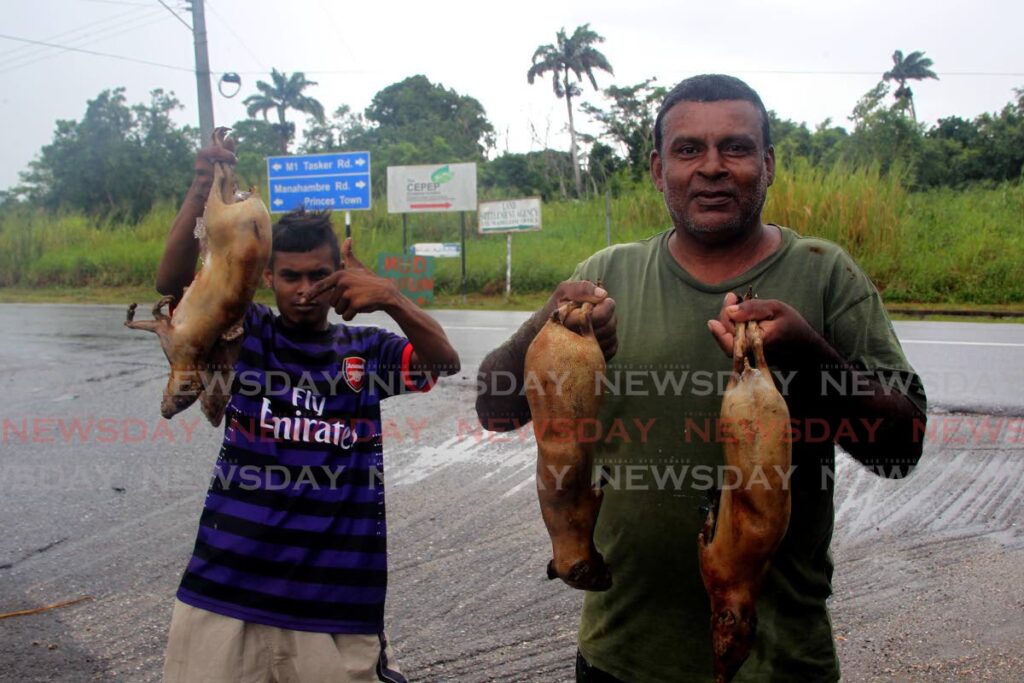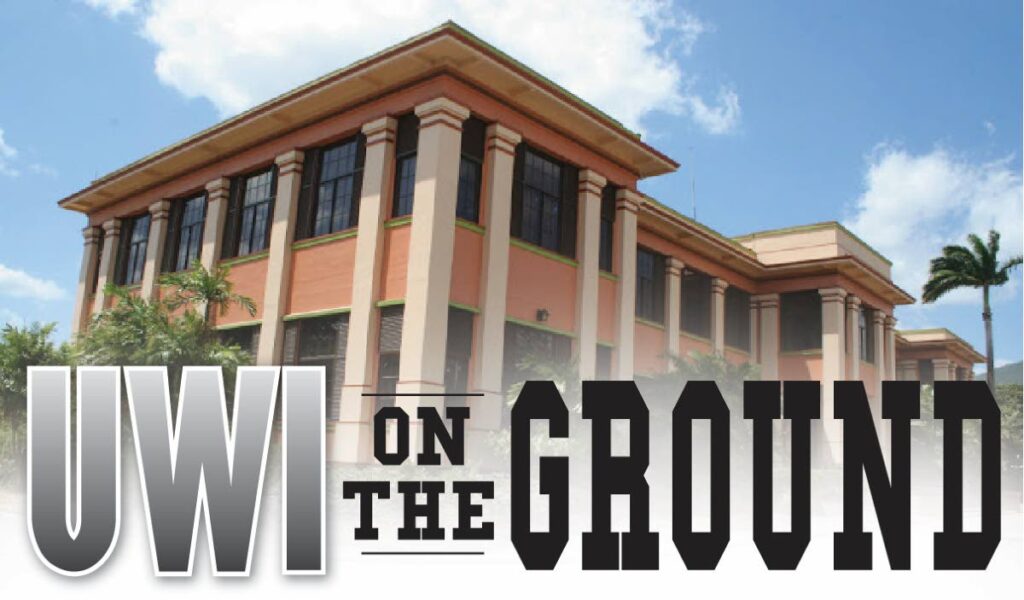Wild meat, anyone? A barcoding future for Trinidad and Tobago?

Dr Sephra Rampersad
Have you ever wondered if the wild meat you bought to enjoy for Christmas was really “wild” meat? Unless you see the whole carcass, you would have to take the word of the seller. How do you know where the meat came from? Again, you would have to trust the word of the seller.
Species identification is important to what you cook for Christmas, but more so, it has a critical role in forensics, archaeology and palaeontology, especially when diagnostic morphometric traits (ie the whole carcass) are unavailable. Species identification may also be important to establishing the geographic origin of animal remains or animal product(s) of trade.
Newsday covered “the 2013 Brazilian horse-meat scandal where beef supplies were adulterated with horse flesh” and we all stayed away from corned beef – at least some of us did, for a time anyway.
Then there was a report in October 2018 where “thousands of kilos of decayed wild meat was illegally imported from Venezuela and hundreds of agouti, deer, wild-hog, lappe and tattoo were seized.”
Forget about eating decayed, illegally sourced wild meat, what about the diseases these carcasses may carry?

Another question: how do you know the slimming tea you are drinking is only made from green tea leaves,
Garcinia cambogia, lemon peel, fennel, ginger, liquorice, Seabuckthorn leaves, lemongrass and “other plant compounds”?
If you suffer from allergies, it would be very important to trust the ingredients list for the items you consume.
Plant leaves can look very similar and for some species, the flower is used for more accurate identification. This is especially relevant for identification of medicinal plants for their safe use and quality control, as well as for monitoring invasive species, particularly those of quarantine importance. There are also implications for conservation efforts.
Think about the barcode scanner that is used to read the barcode sticker on each item when checking them out at the grocery. The cashier gets a reading of the name of the item, the cost etc.
This barcode scan is what generates your grocery bill, and you can review your bill to ensure you were correctly charged.
Using a similar concept, we can use the unique genetic information carried in every organism to identify the species of organism. This genetic information is akin to the barcode on the groceries.
DNA barcoding is an effective and widely used tool to accurately identify different plant, animal, insect, bird and microbial species.

DNA barcoding is especially useful for distinguishing macroscopically similar species (ie they look the same, which is the case for some plant and insect species). Based on the organism, these DNA barcodes may be subject to different levels of accuracy.
The database for accessing DNA barcode information must also be complete. Plant DNA barcoding is comparatively more complex than animal or insect DNA barcoding.
The Department of Life Sciences at UWI has carried out DNA barcoding to successfully identify novel indigenous plant species. These species discovered in this study are not found anywhere else in the world.
This opens up so many possibilities.
UWI ON THE GROUND
A university must be centred in the community, leading on the key issues of the day. Accordingly, UWI St Augustine offers this public-service series in which its leading scientists and researchers will address food security, climate and disaster challenges – Series 1.
This week’s contribution comes from Dr Sephra Rampersad, a senior lecturer in Biochemistry, in the Faculty of Sciences. She introduces an entirely new concept of viewing organisms, including wild meat.
ProfRose-Marie Belle Antoine
Principal, UWI, St Augustine

Comments
"Wild meat, anyone? A barcoding future for Trinidad and Tobago?"